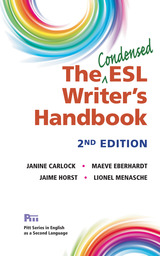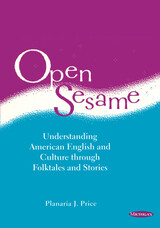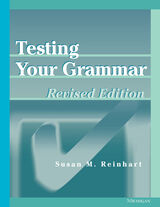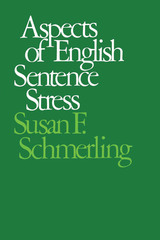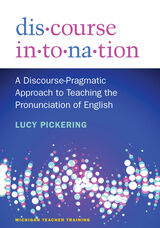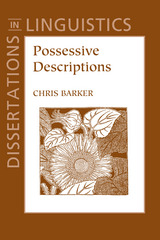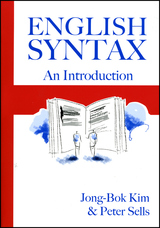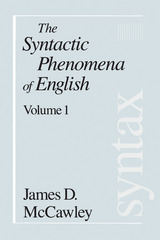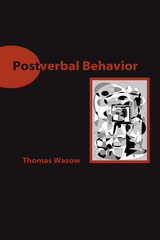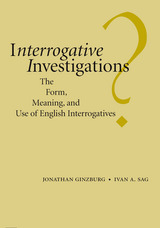Paper: 978-1-58901-002-4
Library of Congress Classification PE1137.T44 2004
Dewey Decimal Classification 428.3
Pronouncing English is a textbook for teaching English phonetics and phonology, offering an original "stress-based" approach while incorporating all the standard course topics. Drawing on current linguistic theory, it uniquely analyzes prosody first, and then discusses its effects on pronunciation—emphasizing suprasegmental features such as meter, stress, and intonation, then the vowels and consonants themselves.
Distinguished by being the first work of its kind to be based on an exhaustive statistical analysis of all the lexical entries of an entire dictionary, Pronouncing English is complemented by a list of symbols and a glossary. Richard Teschner and M. Stanley Whitley present an improved description of English pronunciation and conclude each chapter with suggestions on how to do a better job of teaching it. An appendix with a brief introduction to acoustic phonetics—the basis for the perception vs. the production of sounds—is also included. Revolutionary in its field, Pronouncing English declares that virtually all aspects of English pronunciation—from the vowel system to the articulation of syllables, words, and sentences—are determined by the presence or absence of stress.
The accompanying CD-ROM carries audio recordings of many of the volume's exercises, more than 100 text and sound files, and data files on which the statistical observations were based.
See other books on: English as a Second Language | English language | Pronunciation | Teschner, Richard V. | Whitley, M. Stanley
See other titles from Georgetown University Press


